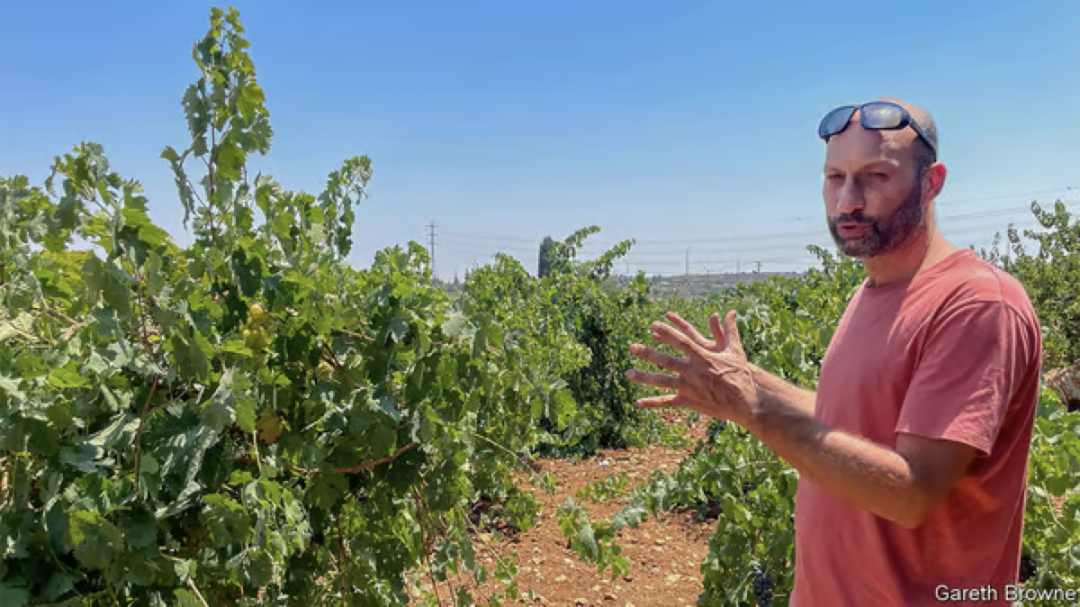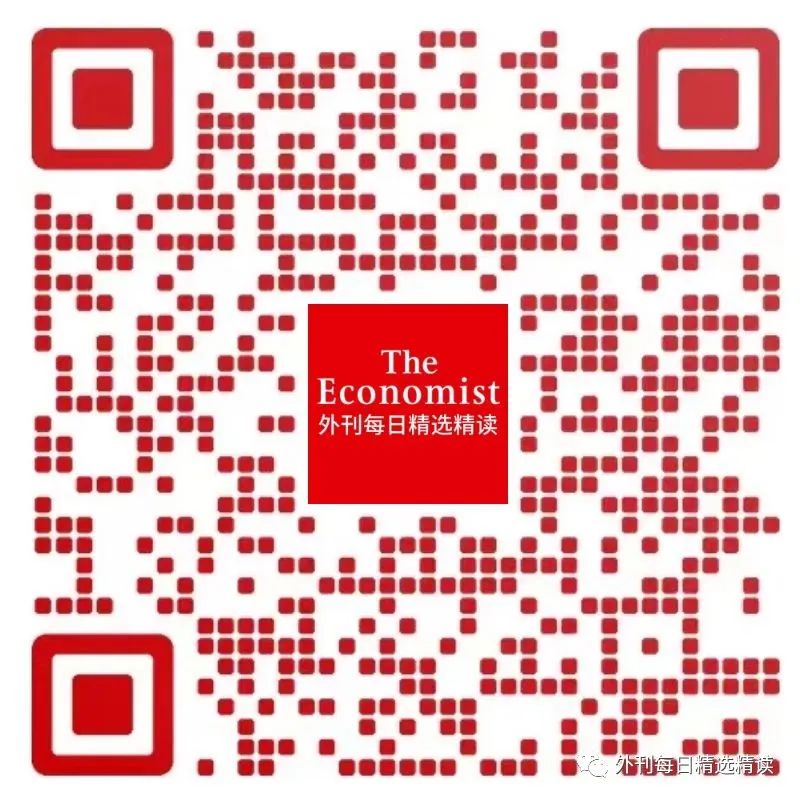The challenge of making Palestinian wine
The vines are heavy with grapes, the harvest just a few days away. Yet Sari Khoury is stressed: he cannot find workers to pick grapes in his vineyards. Proud owner of the Philokalia label, he is one of a handful of Palestinians in the West Bank producing wine under the trickiest of circumstances: Israel’s occupation.
葡萄藤上挂满了葡萄,离收获只有几天了。然而,萨里·库里(Sari Khoury)感到很有压力:他找不到工人在他的葡萄园里采摘葡萄。作为菲洛卡利亚(Philokalia)品牌的自豪拥有者,他是西岸地区少数几位在以色列占领条件下生产葡萄酒的巴勒斯坦人之一。

A “separation wall” between Israel proper and most of the Palestinian territory it occupies towers above Mr Khoury’s cellar in Bethlehem. Mr Khoury’s vineyards are hemmed in by Gush Etzion, a cluster of Jewish settlements nudging the south of the city. Constant niggles of the occupation abound.
一道“分离墙”将以色列本土和其占领的大部分巴勒斯坦领土隔开,高高耸立在库里先生的伯利恒酒窖上方。库里先生的葡萄园被古什·埃锡安(Gush Etzion)包围着,这是一群靠近这座城市南部的犹太人定居点。占领带来了持续的烦恼。
In 2014 Mr Khoury gave up his job as an architect in Paris to return home to requite his passion for wine. A year later he was producing hundreds of bottles as one of the West Bank’s handful of wine producers to use only indigenous grapes. Now he fills 10,000 bottles a year. The business of wine-making is testing enough at the best of times. The headaches of production under military occupation are even more painful.
2014年,库里先生放弃了他在巴黎的建筑师工作,回到家乡追求他对葡萄酒的热情。一年后,作为西岸少数几位只使用土生葡萄的葡萄酒生产商之一,他每年生产数百瓶。如今,他每年装瓶1万瓶。酿酒业本身在最好的情况下都是一个充满挑战的任务。在军事占领下的生产困境更加令人痛苦。
Mr Khoury is short of labourers because Palestinians can earn five times as much across the wall in Israel. And it is virtually impossible to get a permit from the Israeli authorities to expand his type of business physically. “I can’t even build a shed for my tools,” he explains. “I have to bring them with me in the car every time.” Other big obstacles are the Israeli checkpoints that hamper his logistics and the scarcity of water that is guzzled by the nearby Jewish settlements.
库里先生缺乏劳工,因为巴勒斯坦人可以在以色列墙外赚到五倍的薪水。而且从以色列当局那里获得扩展他这类业务的许可几乎是不可能的。“我甚至不能建一个储物棚来放我的工具,”他解释道。“每次都要把它们带在车上。”另一个巨大的障碍是以色列的检查站,它们阻碍了他的物流,而附近的犹太人定居点正在大量消耗水资源。
Many Israeli wineries grow European grapes that need a lot of irrigation. But the lack of water supplies for Palestinians in the West Bank means that they struggle to grow the likes of Chardonnay or Cabernet Sauvignon. Hence Mr Khoury’s focus on local varieties such as Dabouki and Jandali that need less water and can survive the baking sun.
许多以色列的葡萄酒庄种植需要大量灌溉的欧洲葡萄。但是,巴勒斯坦西岸地区水资源的匮乏意味着他们难以种植夏多内和赤霞珠等品种。因此,库里先生专注于像达博基(Dabouki)和詹达利(Jandali)这样需要较少水分并能够在酷热的阳光下生存的本地品种。
Mr Khoury also emphasises sustainability, but warns against growing indigenous grapes as a gimmick. “I want to create the highest quality wine possible, to be judged on its merits,” he says. “That’s my resistance,” he adds, referring to Palestinian efforts to push back against the Israeli occupation.
库里先生还强调可持续性,但警告不要将土生土长的葡萄作为噱头。“我想要创造最高质量的葡萄酒,以其品质为评判标准,”他说。“这就是我的抵抗,”他补充道,指的是巴勒斯坦努力反抗以色列占领的努力。


